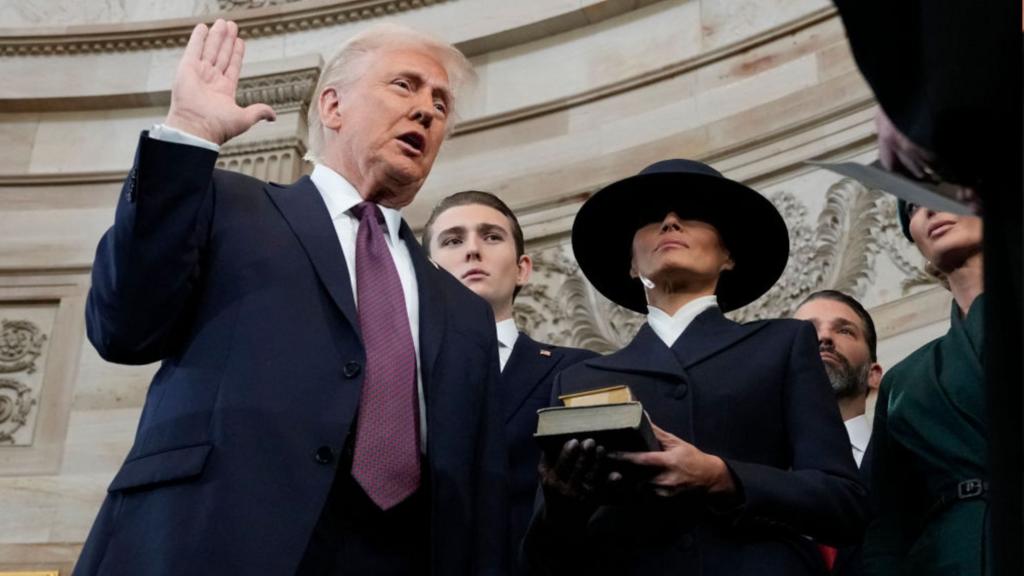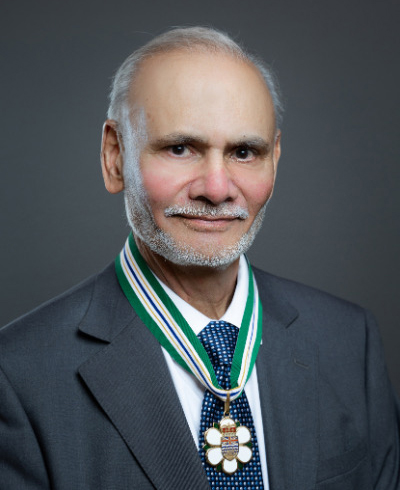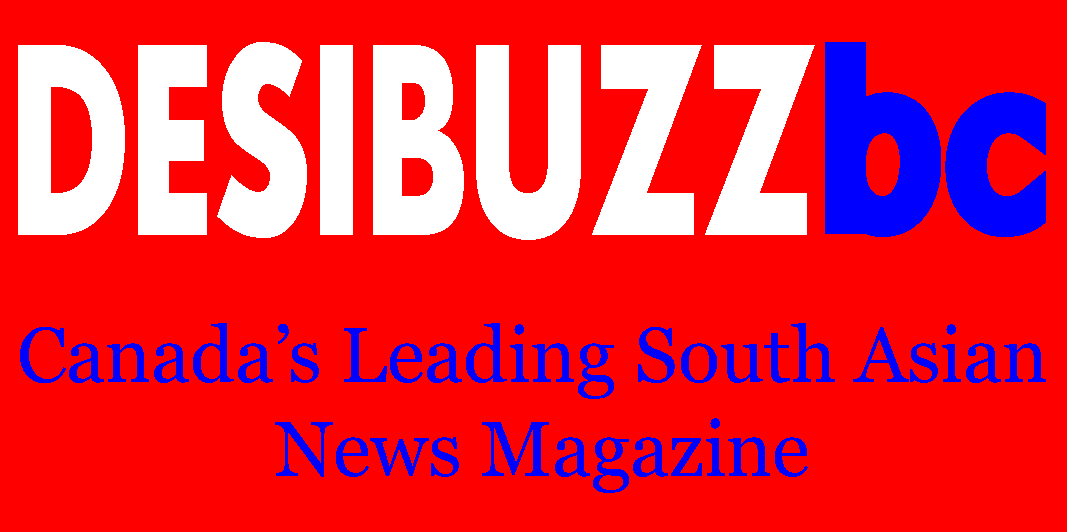DESIBUZZCanada
Events Listings
Dummy Post

International Day Of Yoga To Be Virtually Celebrated Saturday At 4pm

CANCELLED: Coronavirus Fears Kills Surrey’s Vaisakhi Day Parade

ADVERTISE WITH US: DESIBUZZCanada Is The Most Read South Asian Publication Online

SURREY LIBRARIES: Get Technology Help At Surrey Libraries

WALLY OPPAL: Surrey Police Transition Update On Feb. 26

GONE ARE THE DAYS - Feature Documentary Trailer

Technology Help At Surrey Libraries

Birding Walks

Plea Poetry/short Story : Youth Contest

International Folk Dancing Drop-in Sessions
BIG BULLY: With Trump’s Threats, Who Needs Enemies With Friends Like This?
- January 21, 2025

By Harinder Mahil
Over the years our leaders have told us that the US is our closest ally and friend. These days when I hear Trump speak, I wonder if this is so.
Donald Trump, the incoming US president of the US, has been making threats against Canada, Mexico, European Union and others for the last few weeks. Initially, our leaders told us not to take Mr. Trump seriously and that he was simply joking when he said Canada should become the 51st state. Now they tell us that we should take him seriously in relation to 25 percent tariff on Canadian exports.
Two weeks ago, Mr. Trump announced that he would use "economic force" to absorb Canada into the United States. What happened to the principles such as liberty, democracy, sovereignty, territorial integrity and global cooperation that US leaders used to talk about?
How should we respond to Trump’s threats? I have read several responses by some well-known journalists. Of those, I found two responses extremely interesting. The first one was by Pete McMartin in the Vancouver Sun on December 26, 2024. The title of his piece was: Why the US should be Canada’s 11th province. In his piece McMartin outlined 16 reasons as to why the U.S. should become Canada’s 11th province. I will not outline those except the first one which read: “Because Canada isn’t led by a convicted felon.”
The second response was by The Economist in its January 4, 2025, edition. The piece is titled: “Why Canada should join the EU.” It states: “Europe needs space and resources, Canada needs people. Let’s deal.”

The Economist argues: Canada is vast and blessed with natural resources but relatively few people, while the EU is small, cramped and mineral-poor. It states Canadians can be thought of as honorary Europeans. Like Europeans, Canadians believe that markets work but must be tempered by welfare states. Both trade openly, fret about global warming and dislike guns, the death penalty and Russian aggression.
The Economist argues that the EU should invite Canada to become its 28th member. It concludes that the EU should ratify the Canada-EU trade deal, enacted in 2017, which is yet to be ratified by ten of its members.
Although others have responded to Mr. Trump’s threats what impressed me about the piece in the Economist is the argument that Canada and EU should expand trade.
Whenever we have a trade dispute with the US our leaders tell us that we should expand our trade with Europe, Asia and others so that we don’t depend so much on the US. This discussion lasts a few weeks, and the situation reverts to what it was before.
Canada has traditionally relied heavily on trade with the US, with approximately 75 percent of its exports heading South of the border. When we depend only on one customer, we allow that customer to have significant bargaining power.

It has become clear that over reliance on the US exposes the Canadian economy to risks such as economic downturns and protectionist policies. Diversifying trade with Europe and Asia offers Canada an opportunity to build economic resilience and capitalize on growing markets.
I am not sure how many trade offices have been opened by Canada in Europe, Asia and other continents. If it has not already been done, it should be done as soon as possible. The sole objective of these offices should be to market Canadian products and facilitate trade between Canada and other countries.
Through the Comprehensive Economic and Trade Agreement (CETA), Canada has preferential access to over 500 million consumers in the European Union. This allows Canadian producers to tap into one of the world’s largest economic blocs.
Diversification mitigates the risks associated with U.S. centric trade policies, such as tariff and trade disputes. Expanding trade with Europe, Asia and others enhances economic stability by spreading risk across multiple regions.
Economic diversification supports job creation in key sectors such as manufacturing, technology, and services. Increased trade revenues contribute to overall economic growth and prosperity across Canada.
Our governments should immediately pay attention to this and diversify our trade.

Harinder Mahil is a human rights activist and is secretary of Dr. Hari Sharma Foundation.

















